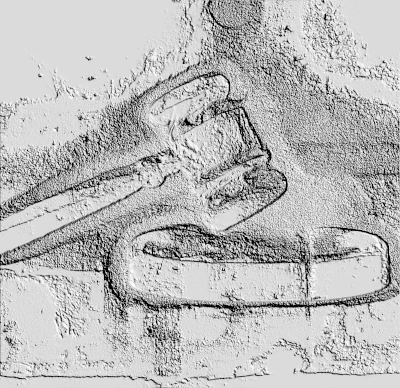Craig Wright, an Australian IT specialist living in London, the founder of the BITCOIN (BSV) blockchain and the former CEO of the IP group NCHAIN, has been involved in litigation against the developers of BTC core, and a group of software companies that have banded together under the name COPA.
Judgement has been given in the case and the citation is [2024] EWHC 1198 (Ch)
A central issue that emerged from this litigation was establishing whether Craig Wright could prove that he was the enigmatic figure of Satoshi Nakamoto who is well known for being the identity that published the BITCOIN whitepaper.
The litigation into this issue ran into a couple of problems that suggest a degree of corporate espionage. Craig Wright had stepped down as Nchain, and in 2022 the reins were handed to Mr X.
Mr X had become famous in the cryptocurrency world for appearing in a video published by an undisclosed entity that showed a lawyer with close ties to the AVAX cryptocurrency bragging about embarking on a a strategy of suing competing coins such as BSV.
Upon getting involved in NCHAIN as ceo, Mr X allegedly had responsibility for assisting in the court cases involving Craig Wright. He was allegedly involved in encouraging Craig Wright to switch law firms at a late stage. Shortly before the trial was set to begin, Mr X allegedly tried to conduct a mock cross examination of Craig Wright using a King’s Counsel as the judge. Following this, he allegedly advised Craig Wright that he couldn’t possibly win in court. Allegations also emerged that he had access to data in the possession of NCAHIN.
Shortly after this it is alleged that Mr X attempted a hostile takeover of NCHAIN, but this attempt was rebutted, and he was sacked as CEO. He has in turn been the subject of injunctions, and has recently been sentenced in absentia to ten months in an English jail for a form of contempt of court.
Within this context of a hostile takeover at NCHAIN on the eve of a trial over an important issue, NCHAIN and Craig Wright were forced at a very late stage to change lawyers again. Despite this, an application for an adjournment left them with very little time to prepare their case, and they were forced to use the expert that had allegedly been appointed by Mr X.
Craig Wright voiced concerns that his expert was not up to the task, and that the expert called by COPA was also not up to the task. Ultimately, his honour Justice Mellor of the High Court of the UK ruled that Craig Wright was not Satoshi Nakamoto, and in his ruling he accepted the evidence given by the expert used by COPA, and rejected the evidence given by Craig Wright.
He made findings that Craig Wright lied about numerous issues, and that he relied on documents that the expert had clearly found were forged. Unusually, he rejected claims by the lawyers for Craig Wright that the independence of the expert was in question as a result of the considerable assistance he had been given by lawyers for COPA who had actually edited the report he made.
The judgement was unbalanced in the sense that it appeared that he applied a different standard of criticism to evidence given by witnesses in support of NCHAIN and Craig Wirght to those given by COPA.
He did note however in his summary at paragraph 4 that “If Dr Wright’s evidence was true, he would be a uniquely unfortunate individual, the victim of a very large number of unfortunate coincidences, all of which went against him, and/or the victim of a number of conspiracies against him”.
Strange of course that His Honour Justice Mellor made no reference to Mr X in relation to these unfortunate coincidences, even though Mr X has since received a jail sentence in absentia.
Craig Wright for his part has indicated on twitter that he intends to appeal this decision: “I fully intend to appeal the decision of the court on the matter of the identity issue. I would like to acknowledge and thank all my supporters for their unwavering encouragement and support. In the meantime, I shall continue to work closely with the Teranode team to achieve scaling beyond three million transactions per second. At present, Teranode is achieving one million tps and we are ensuring that the cloud-based server configurations function correctly in a way that does not impact scaling. However, even at a lower level of transaction processing, Teranode is far more efficient than the existing node structure and will lead to cost savings as well as a path to scalability.”
The timeline for the appeal is still open, as there are some preliminary relief matters that have to be dealt with by Justice Mellor before the 21 day appeal period window starts ticking.
